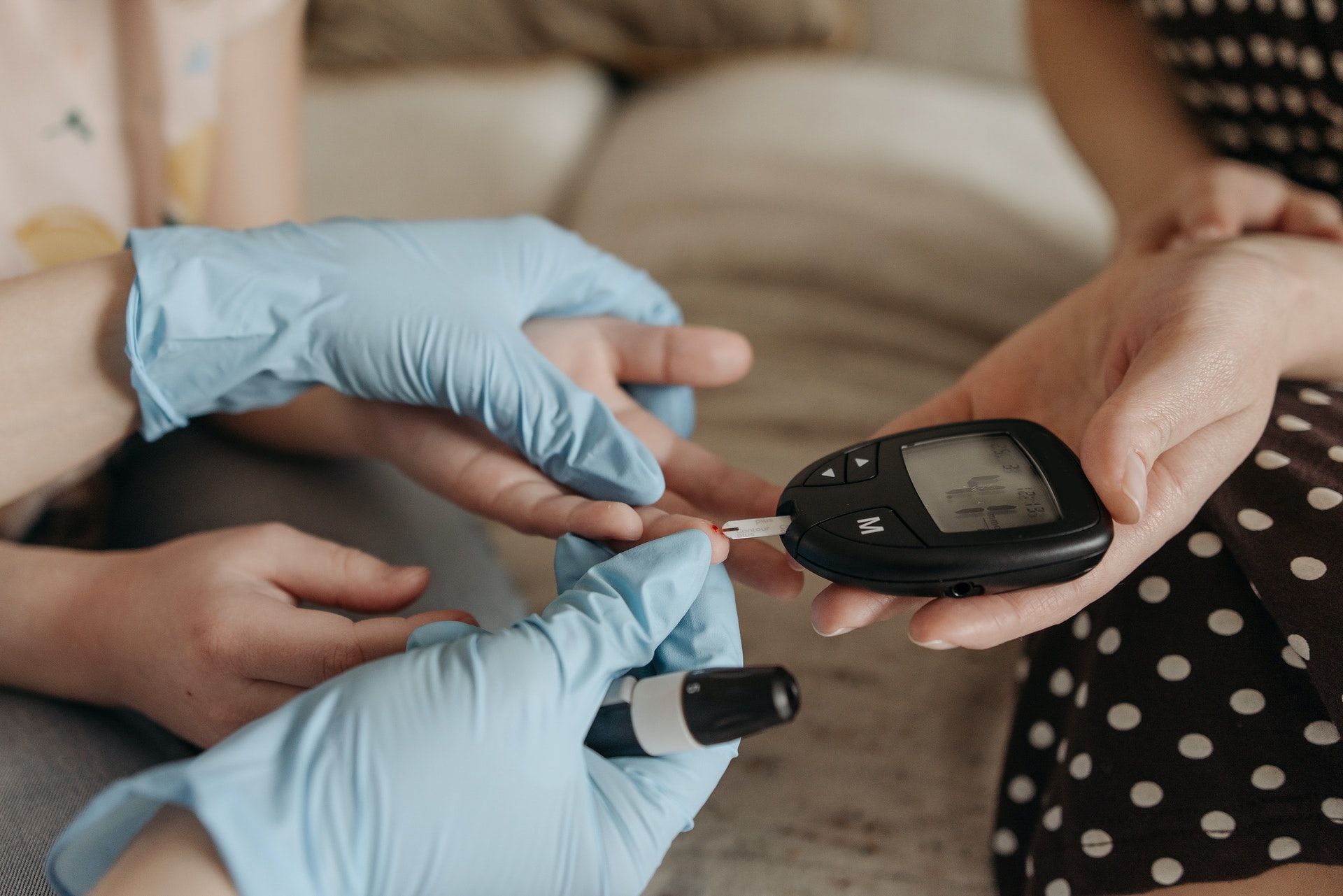Diabetes is a chronic health condition that impacts how the body turns food into energy. Most food is broken down into sugar (glucose) and released into the bloodstream. When blood sugar goes up, it signals the pancreas to release insulin. Insulin behaves like a key that lets blood sugar into the body’s cells for use as energy.
When a person develops diabetes, the body either doesn’t make enough insulin or can’t efficiently use it. Without enough insulin, or if cells do not respond to insulin, there is too much blood sugar in the bloodstream, leading to severe problems, including vision loss, kidney disease, and heart problems. While doctors often prescribe medications to control the condition, many patients choose a holistic treatment for diabetes that focuses on making critical lifestyle changes.
Diabetes Symptoms
Patients with diabetes may have type 1, 2, 3, or 4, with types one and two being the most typical. However, there are specific symptoms that are common in all types. Although everyone may experience variations of these symptoms, the most common diabetes indicators are:
- Frequent or extreme hunger
- Excessive or frequent urination
- Weight loss or gain without effort
- Lethargy or fatigue
- Blurry vision
- Slow-healing wounds
Diet and Exercise Make a Difference
Practitioners offering holistic diabetes control begin by addressing each patient’s genetic factors and diet. It’s essential to use the diet to control blood sugar levels. The holistic approach focuses on food’s Glycemic load rather than the more typical Glycemic index. Exercise also plays an essential part in regulating diabetes, and aerobic exercise impacts insulin levels differently than strength-building exercises.
The holistic approach also considers food allergies, which are not factors in most medical diabetes management plans. Many people with diabetes are sensitive to dairy or gluten but are not aware of the fact. Holistic practitioners can test for these allergies and then incorporate the results into a treatment plan for reversing diabetes symptoms.
Lifestyle Changes Are Essential to Managing Diabetes
The general focus of holistic diabetes management is a healthy lifestyle. Patients who live an active life have an easier time controlling their condition, and they feel better.
Physical activity builds strength, encourages weight loss, increases energy, reduces blood glucose, helps control stress, and lowers blood pressure. Exercise also helps control cholesterol and prevent heart disease. Patients do not necessarily have to work out strenuously to get benefits. Just walking for 15 minutes a day can provide significant health benefits.
People with diabetes must also alter their diet to best manage the disease. Nutritionists suggest a diet rich in lean meats, legumes, whole grains, fruits, and vegetables. These are foods with a low Glycemic index, so they help keep blood sugar level all day. It is critical that patients prepare for their meals to avoid grabbing something from the store or choosing fast food when they are hungry. Fortunately, nutritionists will help patients create diet plans that work for their needs.
Diabetes leaves patients with too much blood sugar in their bodies, a problem that can lead to various serious health problems. Although there are medications designed to control diabetes symptoms, many patients choose a holistic approach. Holistic programs begin with thorough testing, and then patients work with specialists to develop lifestyle and diet plans that allow them to manage their disease.








